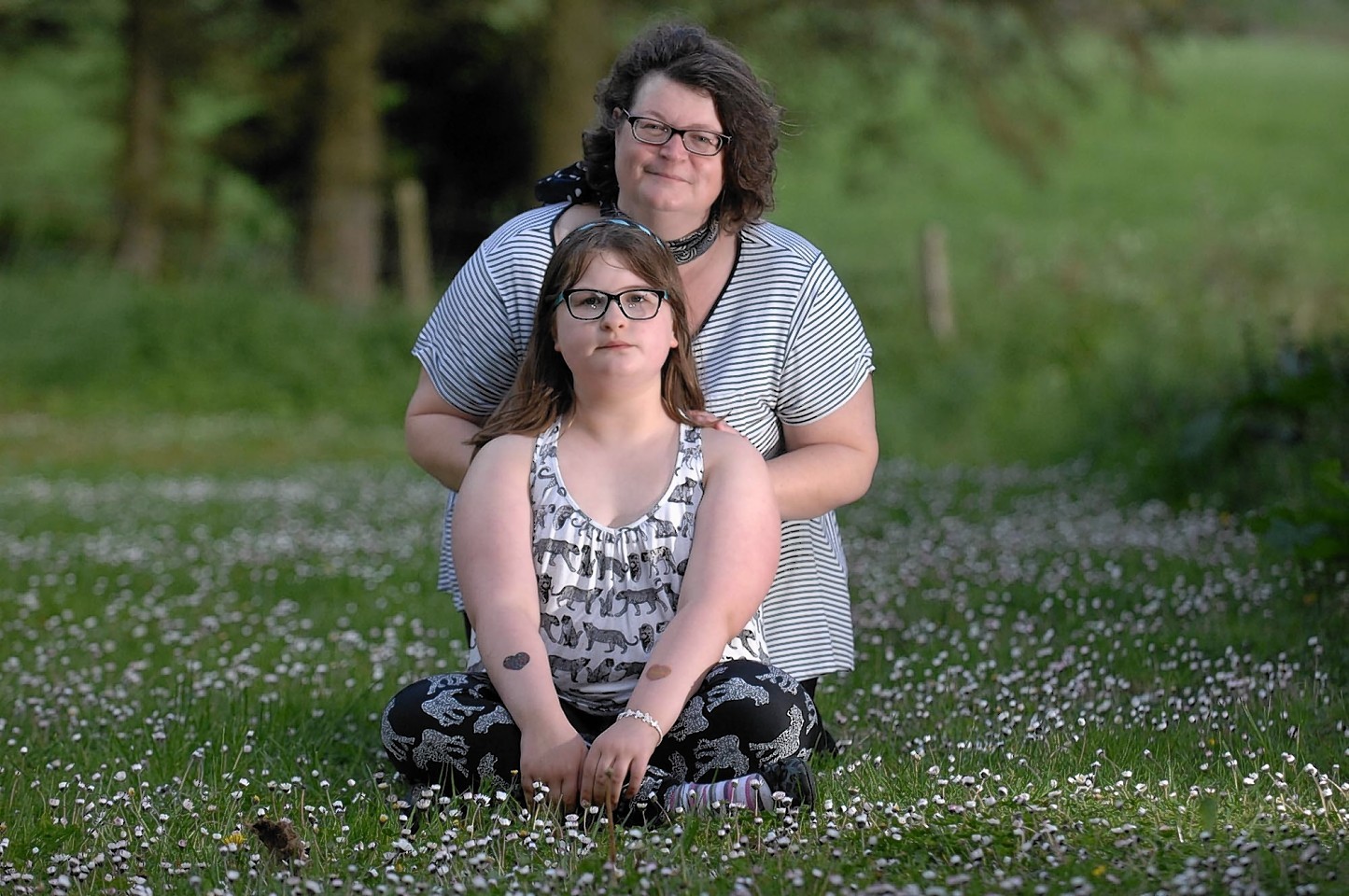For most children, celebrating a birthday is a joyous occasion with lots of fun memories.
But when Ava Harper turned 10 last week, she was all too aware that there was someone missing from the celebrations – her father, Andrew.
Mr Harper died in 2010, five months after suffering a brain stem stroke. He was 46.
Desperate to ensure her daughter was coping, Marie Johnstone began searching for counselling, or help from charities.
At about the same time, the Grampian Child Bereavement Network was being set up and with a push from hospital chaplain Rev James Falconer, Ms Johnstone and Ava began going along to their meetings.
The charity runs activities for children, ranging from puppet making to tight-rope walking, which allows their carers to get together with people who understand what they are going through.
Ms Johnstone, of Larg, Huntly, said: “I didn’t know what to do or what help was out there.
“To see them just go and forget about their troubles for a while, and just be kids again, is great.
“It’s good to see the different children get on and enjoy themselves by letting their hair down.”
Ms Johnstone, who was due to marry Mr Harper the year he died, gave a talk at the charity’s annual conference in Inverurie yesterday.
More than 80 social workers, teachers, police workers, counsellors, charities and parents attended the event, which this year focused on how children manage after the death of a parent and what professionals – such as teachers – can do to help.
Counsellor, therapist and author Shelly Gilbert MBE, who lost both her parents as a child and went on to set up charity Grief Encounters, shared her experiences with the group.
During the session, participants also took part in a range of workshops and heard from some of the parents who the charity has helped, including Ms Johnstone.
The 50-year-old said: “It was not going to be an easy day, but it’s important we talk about what else can be done.
“Ava was six when her dad died, but it was her birthday last week and she’s now more upset at the loss of her dad because she’s more aware of it as she’s getting older.
“There are different things to deal with all the time, not just how as a single parent you’re going to juggle full-time work around the school holidays.
“There’s new things to test you all the time.”
